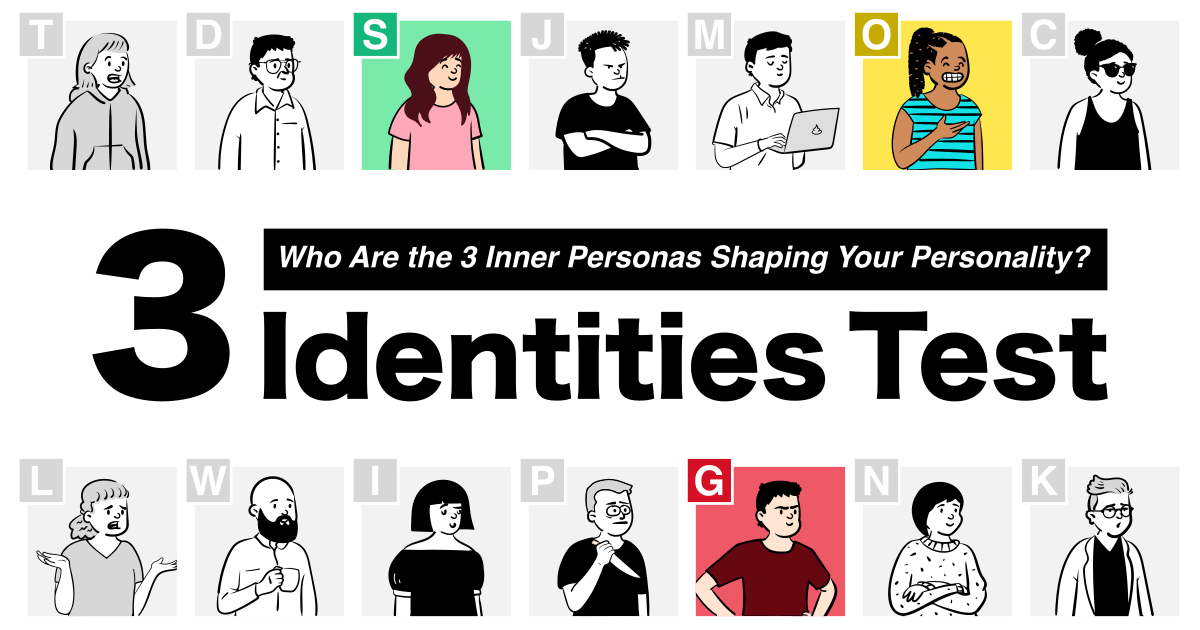
This test is an entirely new personality test that represents your personality through three personas. Among the 15 unique types of personas, who are the three that compose your personality? Based on the scientifically most accurate personality analysis theory, 'The Big Five,' this test allows you to deeply understand your true personality.
60questions3minutes
The Big Five personality theory evaluates individuals across five fundamental traits: Extraversion, Agreeableness, Conscientiousness, Neuroticism, and Openness to Experience. These traits are widely accepted in psychology as a reliable framework for understanding personality. Each trait is measured on a spectrum, providing insight into individual behaviors and tendencies.
The Big Five is used in career guidance, relationship analysis, and self-awareness. Its universality across cultures and backgrounds makes it a valuable tool in both psychology and business.